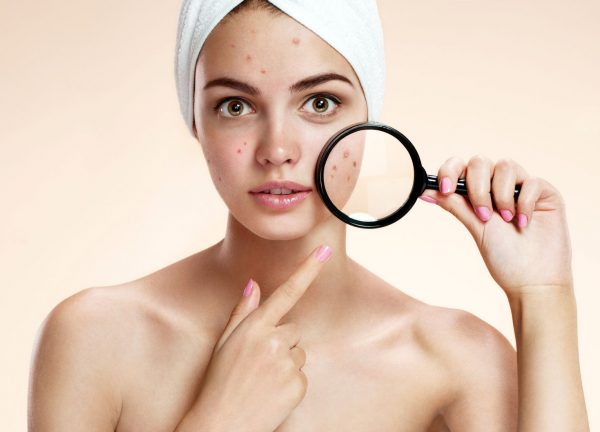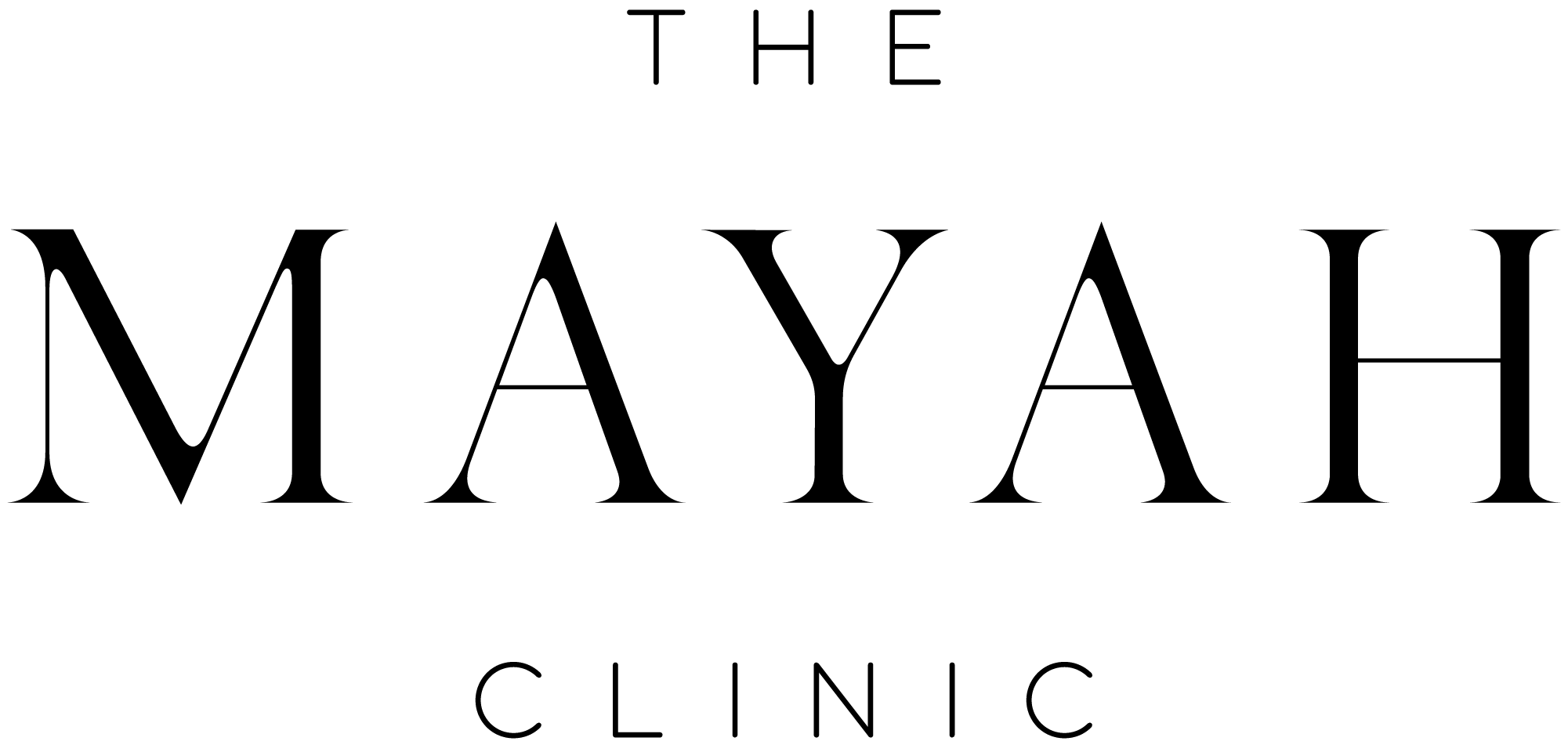Acne is such a common problem that it is sometimes dismissed as unimportant. Nothing could be further from the truth.
Anyone who has suffered themselves, or seen a loved one suffer with acne knows the truth.
Acne sucks! It Is painful, can cause scarring and skin marks, and result in low self esteem, depression and anxiety.
So let’s look at acne in the context of the whole person. Like all skin conditions, what’s happening to the person as a whole Does affect the skin. Stress, diet, exercise can all cause skin problems
to worsen.
Diet
Are there things that you can change with your diet to improve your skin. Absolutely!
There is now evidence that dairy products can make acne worse. The current idea is that the hormones in the milk might be the culprit. Remember you gym junkies, Protein shakes can be very high in milk products!
Also food that makes our blood sugar spike (Hi Gi index foods) can inflame the skin.
Foods that are more complex and harder to break down are going to be released to the body more slowly so no blood sugar spike(Lo GI index foods) may help to control blood sugar levels.
Greasy food like pizza and chips don’t directly make your skin oily, but a diet high in saturated fat can cause inflammation in all our body organs including our skin.
Alcohol dries out the skin and promotes redness which worsens acne.
Chocolate – well – you’ll be pleased to know there is no solid evidence about its involvement, although it would contribute to a sugar spike. But of course dark chocolate has antioxidants in it that your skin loves. Perhaps a mixed message there!
Generally whole grains, leafy greens, berries, nuts and pulses and fish like tuna and salmon, are best, instead of simple refined sugar and white flour.
It is important to try and maintain an ideal body weight for age and height. We know that fat makes hormones and these will contribute to acne.
Facts and Fiction
Dirt Causes Pimples – Myth
It’s dead skin cells, natural oils and propionibacterium that are involved. These bacteria usually live on the skin, but when conditions change they can multiple much more than usual. Scrubbing skin with rough scrubs, mitts or abrasive cleansers only damages the skin. It doesn’t help. Cleansing more than twice a day will dry skin out and make it worse. Of course, cleansing daily with a appropriate/ recommended cleanser is the goal.
Alcohol based toners are good – Myth
Drying out the surface oils with toners just stimulates the skin to make extra oil. Bad plan. Toners are old school and aren’t good for anyone’s skin. The old, “cleanse, tone and moisturise” motto of skin care is completely out of date, and will not create healthy skin for anyone. It belonged to an era where topical homecare did very little. Now we have truly active skin care that will really work. See your professional and get advice specific to you. Don’t waste money.
Only teenagers get acne – Myth
One in four adults between 25 and 45 have acne too!
Leave your acne alone, you’ll grow out of it – Myth
Pimples can mark and scar. Get onto it sooner, not later
Sun is good for acne – Myth
Wrong! UV Light messes with the skin’s immune system and barrier function. It will make acne worse, and can darken scars.
Fish Oil is good – Fact
Omega 3 fatty acids help reduce inflammation. Eat salmon,tuna, or even walnuts!
Vitamin or Mineral supplements will cure acne – Myth
Acne is not a vitamin deficiency! Of course a balanced diet will help the skin’s immune system. There may be situations where a some supplement may assisting skin health, but it will not be the cure. Probiotics are not a supplement of course, but come to mind at this point. They are good for promoting a healthy gut and reducing inflammation in the body. In this way they could assist in the whole person approach to acne.
So, now what?
You are doing all the lifestyle and diet things you can do but its still a problem. What should you do next?
Well don’t just leave it. Get to a professional and make a plan. It’s easy to spend a lot of money on products with fancy celebrities marketing them, rather than a plan that really works specifically for you.
The best plan for someone who is 18 with acne, will be different to someone who is 45. The best plan for someone with mild symptoms will be different to someone with severe symptoms. You need your own plan.
Supermarket shelves carry a lot of “acne products”. These usually contain benzyl peroxide – as do some script products. This may be OK sometimes, but tends to bleach white patches on all your towels and sheets!
Home Care
There are definitely good topical creams and serums that will work well. They may involved acids like salicylic acid, niacinamide, vitamin A (retinoids) and antibiotic creams and gels
What we should be aiming to do is to treat the issues in acne, but preserve and repair the skin barrier. In other words – just drying out the surface of the skin so it’s really flaky and irritated is not what we want. If our home care products are doing this, we need to look at how we can balance this with appropriate moisturises that will not clog up the pores, OR alter the use of the home care.
Niacinamide is Vitamin B3. This is an excellent ingredient for acne prone skin. It reduces sensitivity and irritation. It reduces inflammation and regulates sebum production. (It also helps fade and prevent pigmentation but that’s another story!) eg.Rationale’s Immunologist serum.
Retinoids are a vitamin A derivative, and can be effective at unblocking pores and preventing new blockages from developing. The challenge for the developers of these active creams, is to create effective retinoid formulas but minimise the potential side effects of these. Dryness and skin irritation are the most frequent problems- often worse with the older or cheaper products. Sun sensitivity and an initial flare can also be problems.
BHA’s (beta-hydroxy acids) are acids that can be used on the skin to exfoliate it from the inside without harsh scratching. They prevent congestion and dissolve sebum making them excellent in acne.
Prescription creams and gels may also be suggested.
Oral Antibiotics like Doxycycline and Minomycin can help some people. Interestingly they are used to reduce inflammation – not as an “antibiotic” in this situation. They need to be used for a period of months (although the tendency is to use them for shorter periods than in the past), and if they are recommended I’d always use a Probiotic at the same time to protect gut health.There are possible side effects, including photosensitivity (need to be really careful in the sun – lots of sunscreen), nausea and diarrhoea, allergy, or very rarely fever, rash, joint swelling and feeling generally unwell.
As hormones are often a driver for acne, the oral contraceptive, or bio-identical hormone creams can be used in women.
Clinic Care
Active acne facials (like the Rationale enzyme acne facial) will decongest, unclog and stimulate healthier skin and can be customised for the individual.
LED light is great for reducing bacterial load, and inflammation and improving markings on skin. There are many LED masks and hand held devices available for use at home now. These are not as powerful as a clinic light but a good quality one will do something if used regularly.
Broadband Light is a clinic treatment that may be a good choice for some people.
For scarring, after the active acne has settled, Lasers and Micro-needling can really help.
Roacutane is a topic of it’s own.
It is the most effective treatment for severe cystic acne. This is the worst type of acne. It is very painful and likely to cause scarring. This retinoid works by unblocking and preventing further blockage of pores, reducing oil production, soothing redness, and inflammation. It results in long term remission in 85% of people! Sounds great? Well it is, but has potential side effects that need careful medical monitoring. Blood tests need to be done before and regularly during the course of treatment. Patients should have a monitoring consultation regularly throughout course to check other issues. Extreme skin dryness is common with cracked lips, dry eyes, nose bleeds and scaly skin on the body. Sun sensitivity is an issue, less often joint aches and pains, and liver function abnormalities. There are a list of other rare side effects, including mental health problems and foetal abnormalities. Mental health concerns and suicides hit the news in a big way a few years ago. However it seems not to be as common an issue as it was presented at the time. And remember, mental health effects are a result of acne itself too! So the risks need to be balanced against the benefits and monitored for. When this is done, many patients will describe their Roacutane treatment as life changing. A referral to a dermatologist is needed for this medication currently in Australia.
So, Don’t sit around doing nothing for your acne. Start in the pantry, and end in the clinic. Healthy skin is the goal.

